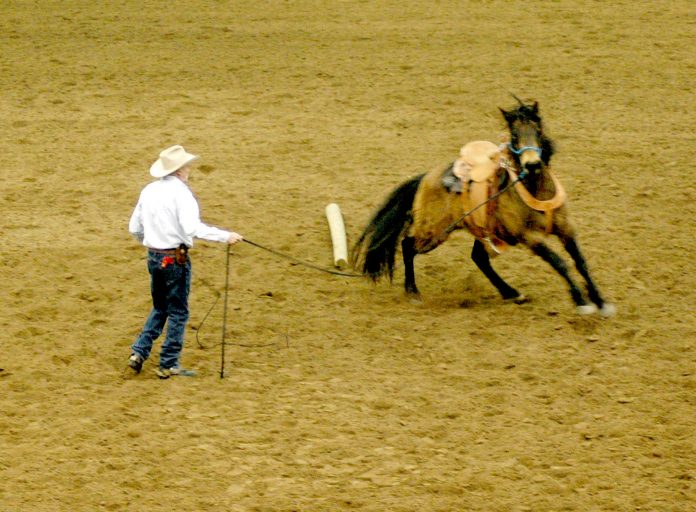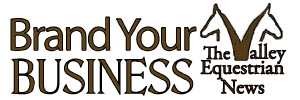I Hope I Can and I Hope He Will
By Charles Wilhelm
What I have discovered in working with and training horses is the importance of communication and I’ve seen first hand the problems caused, not only by the lack of communication but the lack of standards and expectations by owners. Often horse owners don’t know how to correct unwanted behavior and just accept it.
I have found that most new horse owners’ standards are quite low often because they don’t understand the mentality of the horse. A horse has a flight instinct and they come with a natural resistance, some more than others of course. For example, in looking for a horse or working with your own horse, you need to consider how well the horse works in an arena. The horse doesn’t need to be a reining champion but you need to know if the horse will stop when you ask. Do you hope your horse will turn left when you ask? Does your horse back up or do you just hope it will back up? This hope is a lack of standards or what is acceptable behavior. A horse is only going to give you what you teach it and follow through with. When you pick up the reins to back your horse are you hoping he will back? If so, you have not set the standard high enough.
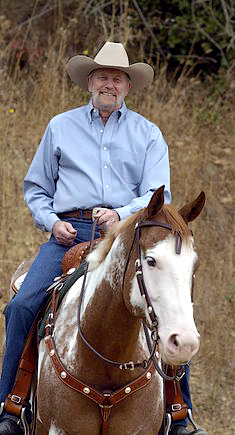 This article is not about being lucky and hopeful that the horse will do the right thing but about setting your standards and expecting more from your horse. This is where a well-qualified trainer can be of help. To me there are two kinds of trainers. One is what I call a “seat trainer.” They ride well and can ride anything because they have the confidence. They teach us to correctly use the riding aids, our seat, legs and hands. In other words, they teach us good equitation. This type of trainer does not teach the horse proper behavior but good equitation skills are necessary in order to communicate with the horse properly once he knows and understands correct cues.
This article is not about being lucky and hopeful that the horse will do the right thing but about setting your standards and expecting more from your horse. This is where a well-qualified trainer can be of help. To me there are two kinds of trainers. One is what I call a “seat trainer.” They ride well and can ride anything because they have the confidence. They teach us to correctly use the riding aids, our seat, legs and hands. In other words, they teach us good equitation. This type of trainer does not teach the horse proper behavior but good equitation skills are necessary in order to communicate with the horse properly once he knows and understands correct cues.
The other type of trainer is one who trains the horse to understand that if you press with your leg that means something. We need a trainer who is skilled in teaching the horse to respond properly to our cues. This training includes good ground manners, leading without lagging or pulling, and trailer loading. For example, a good trainer can train most horses to go into a trailer within a few minutes. That trainer will set up a training routine over several days that will establish the cues the horse understands to mean go forward into the trailer. Once that happens the trainer will teach the owner how to use the cues and then the owner must take the responsibility to follow through. This often means raising the owner’s standards and it is the trainer’s job to help the owner develop those standards and the confidence to achieve the desired behavior.
I’ve had many very nice horses come into the barn for training and the main problems are caused because the owner is not communicating correctly when in the saddle. That is why I offer responsive riding clinics to teach the correct use of seat, hands and leg aids. Follow through is also critical in teaching a horse what we expect from him and how to respond when we ask. Every time you ride your horse is an opportunity to train. Whether you think about it or not, every time you ride you are teaching your horse what you expect. If you ride properly during a lesson but get on the horse the next time and do things differently, you are retaining the horse by not being consistent.
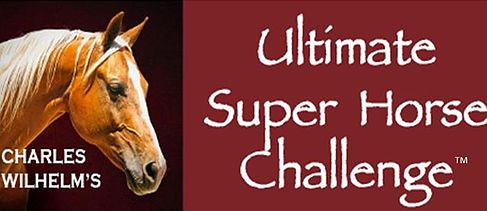
Before you take a lesson, it is important to lunge or round pen your horse first to take off some of the freshness. Then it is good to work your horse a bit to make sure he is quiet, relaxed and ready to learn. Don’t waste the instructor’s time, and your own, trying to do a lesson on a horse that is rowdy and tense. If you are in a group lesson, the horse may distract the other horses and their riders. The time in your lesson or class should be used to refine your skills and raise your standards. You can’t do this if your horse is rushing, pulling on your hands and not thinking about you.
When you learn to use your aids properly, you won’t need to be “lucky” anymore, you will be a knowledgeable, confident rider. You will know that your horse is ready to meet your expectations. Horses need authority and they need leadership, both on the ground and under saddle. They need to trust you. As a new or returning rider, be selective and find a trainer that you can work with comfortably. If you are not getting results, you may not be putting in the effort you need to or you may have too much fear (which is another issue in itself), or you may not be working with the right trainer.
Consistency and follow through are vitally important. Remember, lets not be lucky and lets quit hoping the horse will do the right thing. Lest know our cues, raise our standards and then we can really enjoy our ride and grow in our horsemanship no matter our discipline.
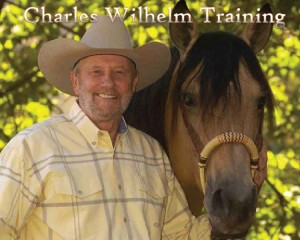 national clinics and demonstrations. His training center in Castro Valley, California is among the top equine educational facilities in Northern California.
national clinics and demonstrations. His training center in Castro Valley, California is among the top equine educational facilities in Northern California. 













































